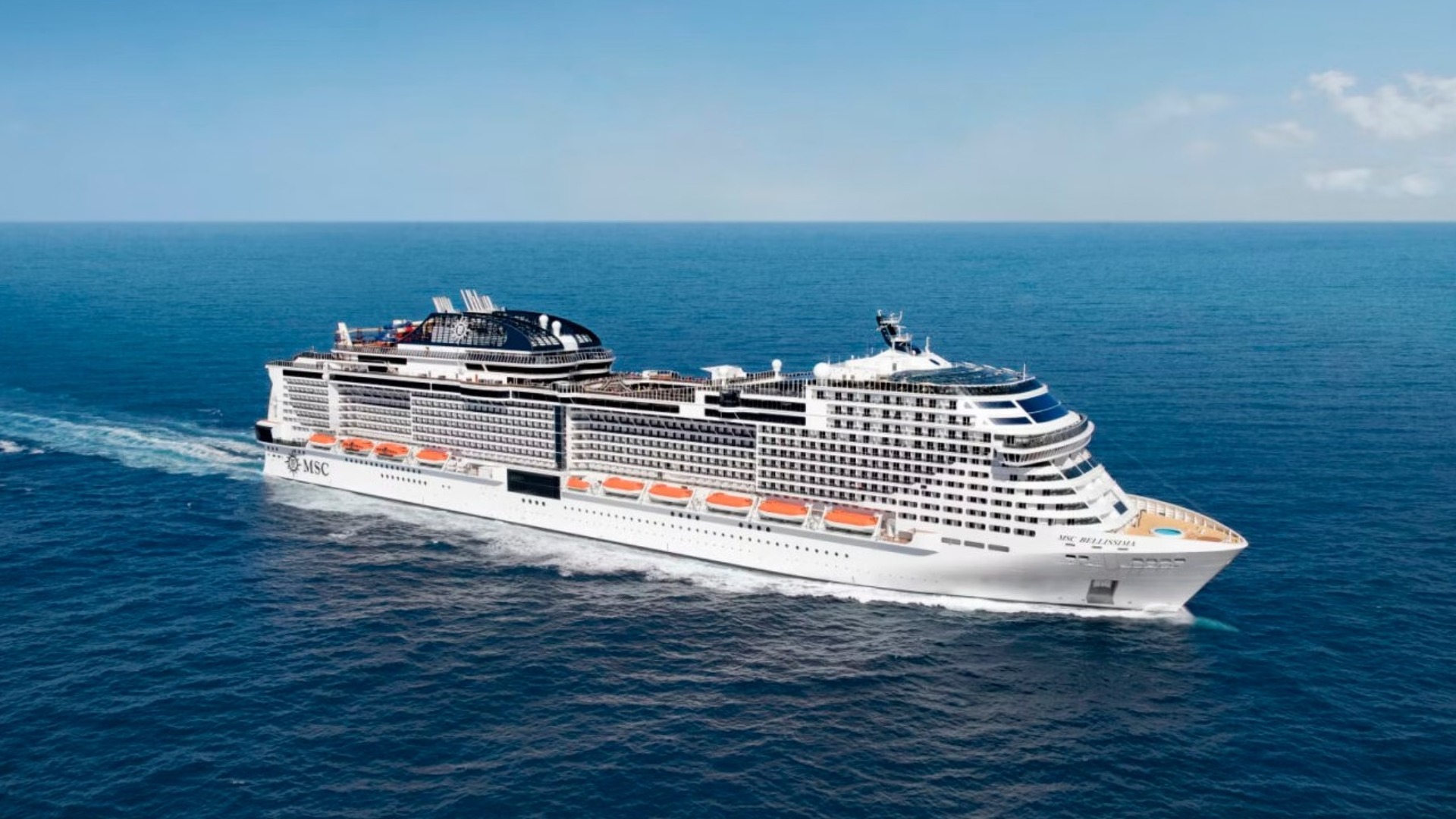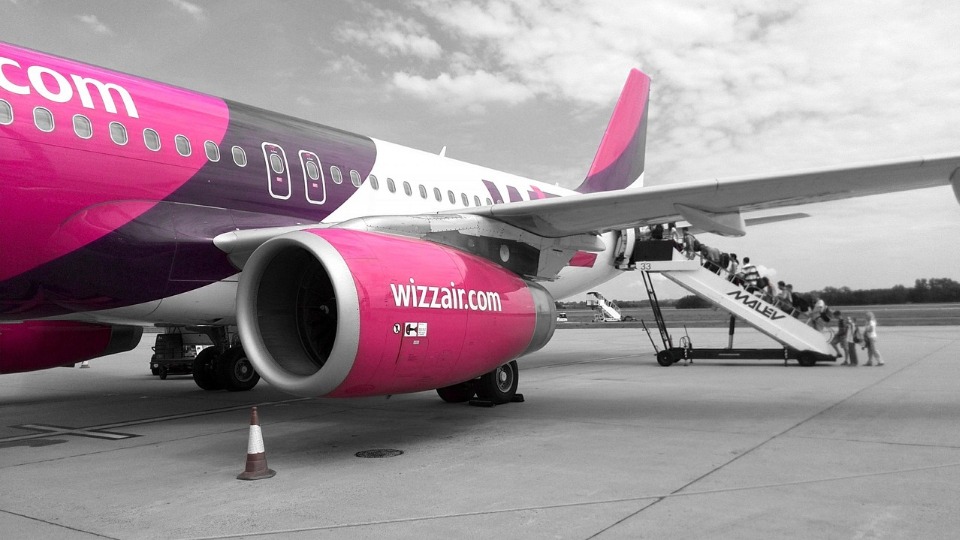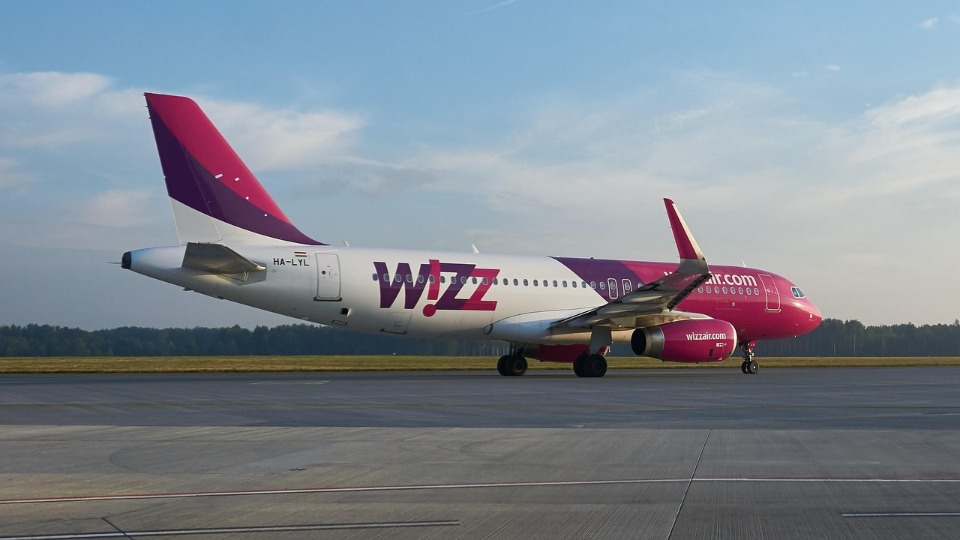
MSC Cruises to Cut Emissions by 15% with New Optimization Tool

Innovative Itinerary Planning Tool
MSC Cruises has announced a significant advancement in its sustainability efforts with the introduction of OptiCruise, a new itinerary planning optimization tool. Developed in collaboration with OPTIMeasy, a research company affiliated with the University of Genoa, this tool is projected to reduce the fleet’s emissions by up to 15% by 2026.
“We have identified and developed this new technology to optimize the decision-making process of itinerary planning with the aim to further reduce emissions across our fleet from 2026,” said Michele Francioni, Chief Energy Transition Officer, MSC Cruises.
Comprehensive Efficiency Evaluation
OptiCruise expands the scope of traditional voyage planning by considering numerous factors beyond just the attractiveness of destinations. The tool evaluates:
- Port Call Sequencing: Optimizing the order of port visits.
- Departure and Arrival Times: Adjusting times for maximum efficiency.
- Ship Speed: Balancing speed to minimize fuel consumption.
- Operational Costs: Including fuel, port charges, and provisions.
- Guest Satisfaction: Ensuring appealing and enjoyable itineraries.
Using these factors, OptiCruise identifies optimized itineraries that maintain guest appeal while significantly enhancing energy efficiency.
Testing and Implementation
The prototype of OptiCruise was evaluated over a 12-month period on MSC Bellissima, which sailed between 17 ports in the Mediterranean Sea. The tool's algorithms successfully optimized itineraries, demonstrating the potential for substantial fuel savings and emissions reduction.
MSC Cruises' Sustainability Strategy
This initiative is part of MSC Cruises' broader strategy to achieve net zero greenhouse gas (GHG) emissions by 2050. The strategy focuses on three key areas:
- Ship and Engine Technology: Investing in advanced technologies.
- Operational Efficiency: Leveraging digital tools like OptiCruise.
- Renewable Fuels: Exploring sustainable fuel alternatives.
“The average fuel savings and emissions reductions achieved by using OptiCruise are estimated to be in the range of 10-15%, a significant step towards our net zero GHG emissions target,” added Francioni.
European Union's Project CHEK
OptiCruise was developed as part of the EU-funded Project CHEK, which explores low-carbon shipping opportunities. The project is part of the EU’s Horizon research and innovation program, led by the University of Vaasa in Finland. The consortium includes prominent organizations such as the World Maritime University, Wärtsilä, Cargill, and Lloyds Register.
With the introduction of OptiCruise, MSC Cruises is leading the way in the cruise industry’s efforts to enhance sustainability and operational efficiency, setting a precedent for emission reduction and innovative itinerary planning.








